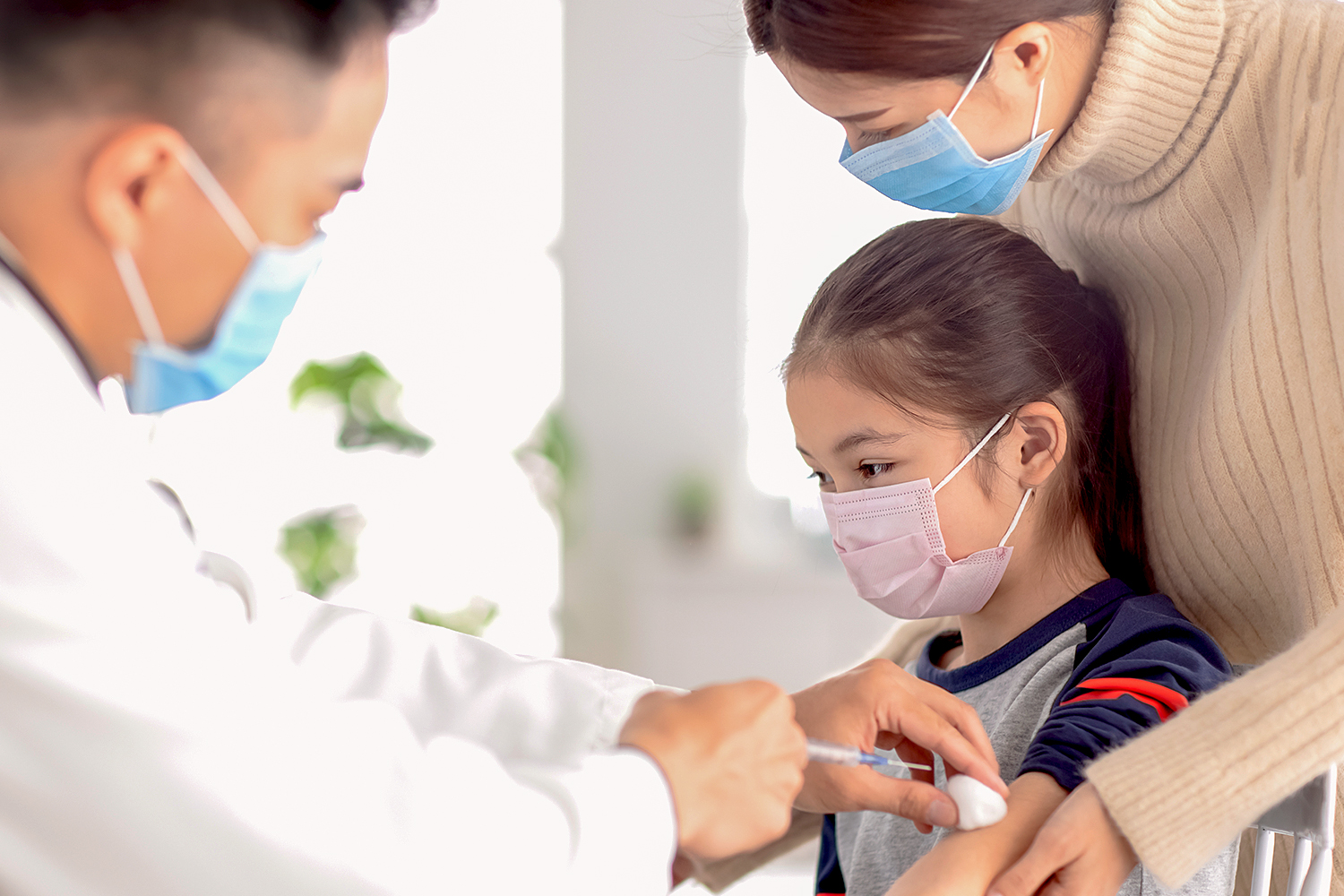Protecting
Children Against HPV


Children and HPV Vaccines
Nowadays, children are becoming sexually active early in life.1 So, there’s no better time to help protect your child than before they are exposed to HPV through any sexual activity.2
HPV infection in children may cause common warts, genital warts, wart-like growths in the respiratory track, and abnormal cells which may develop into cancer.3
As cervical cancer is not a genetic disease that passes on from generation to generation, your child may still be at risk even if you don’t have a family history of cervical cancer.4
A child who is vaccinated before becoming sexually active can help protect against the most common and high-risk types of the HPV and may reduce the chance of spreading the virus to others later in life.2
Apart from a lifetime of abstinence, HPV vaccination is a recommended method to help protect your child from certain HPV-related cancers.2
For most people, HPV clears on its own. But for those who don’t clear the virus, it can cause certain cancers and diseases.

When can my child be vaccinated?
According to international guidelines, a child can be vaccinated as early as 9 years old. In fact, the immune system’s response to HPV vaccines is stronger at that age.2
Both boys and girls can be vaccinated against HPV. Before turning 15, a child will typically require 2 doses of the HPV vaccine to achieve adequate protection. A third dose will be recommended to ensure optimal protection after the age of 15.2
If you are worried as a parent, the safety of HPV vaccines is regularly reviewed by the Global Advisory Committee for Vaccine Safety (GACVS). So far, more than 270 million doses of HPV vaccines have been administered in over 96 countries.2
For most people, HPV clears on its own. But for those who don’t clear the virus, it can cause certain cancers and diseases.
